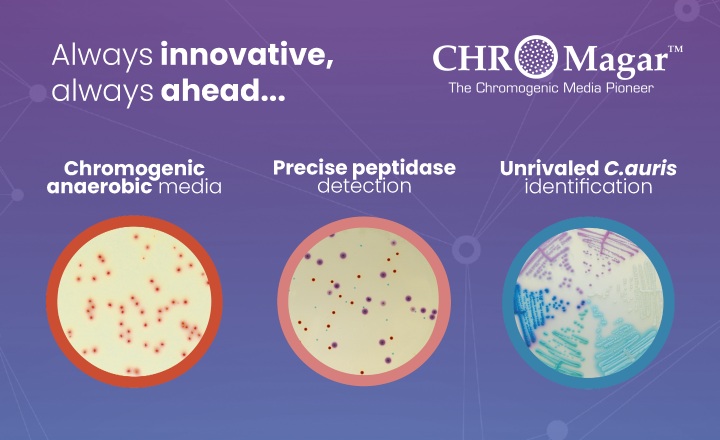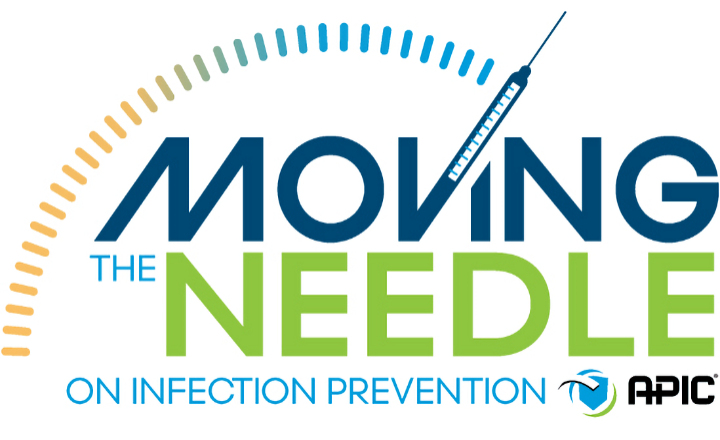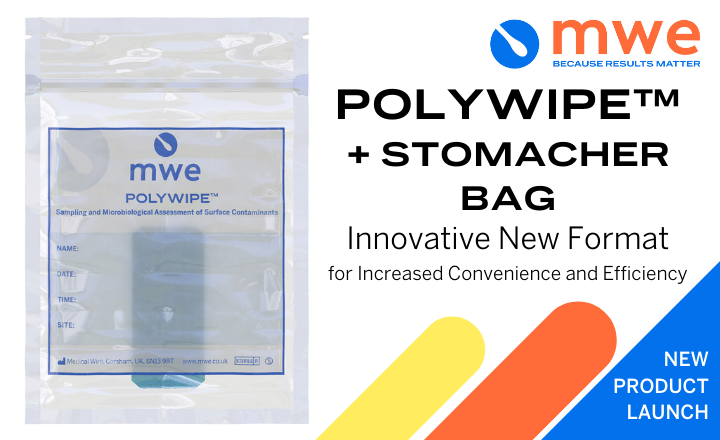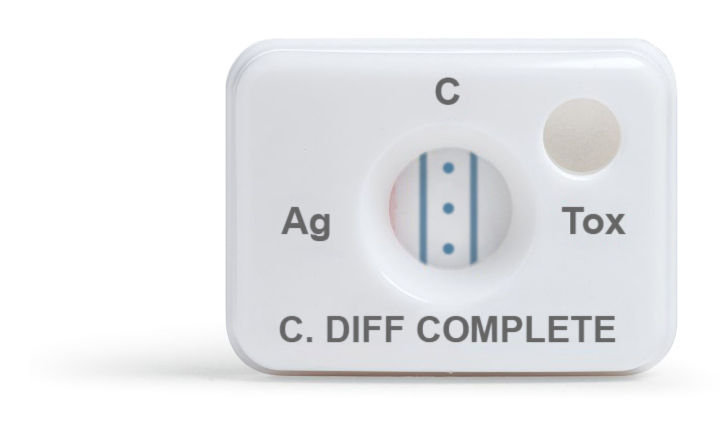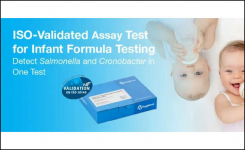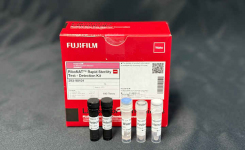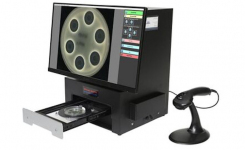Newly released IDSA/SHEA Clinical Practice Guidelines for C. difficile, once again emphasize the need for rapid diagnosis of Clostridium difficile infection (CDI) and the critical role of polymerase chain reaction (PCR) testing methods.
As a partner in reducing rates of C. difficile infection worldwide, Cepheid is committed to advancing the use of best practices for detecting and managing CDI, including use of appropriate testing criteria and methodology. To further highlight the discussion surrounding appropriate C. difficile diagnosis and infection prevention, Cepheid recently launched the website www.knowyourpoo.com.
"As the guidelines emphasize, clinical patient evaluation is critical to appropriately diagnosing CDI," said Dr. Niaz Banaei, Director of Clinical Microbiology at Stanford Medical Center. "To reduce over-testing at Stanford, we now require these clinical evaluations be performed upfront before samples are accepted for testing. Once we know that a patient has signs and symptoms consistent with CDI, we want to test them with the most sensitive test available. This approach has improved the overall accuracy of our diagnoses, significantly reduced our CDI rates, and is consistent with the new guidelines."
While the new guidelines mention several approaches for diagnosing CDI, including those that utilize multi-test algorithms, PCR remains the most sensitive method for detecting toxigenic C. difficile, which is critical for both accurate diagnosis and infection prevention activities in hospitals.
"Published studies1 from both Europe and the United States show that antibody-based testing methods, like those used in many algorithmic approaches, are less sensitive than PCR methods, which will lead to missing true cases of CDI. Missed cases, in turn, can lead to spread of infection in hospitals due to under-treatment," said Dr. Fred C. Tenover, Vice President of Scientific Affairs at Cepheid. "PCR's high sensitivity means you can rule out CDI with high confidence and avoid overtreatment of negative patients2. When this is coupled with upfront clinical evaluation, PCR testing becomes a powerful tool for controlling the spread of CDI."
To learn more, visit www.knowyourpoo.com.






